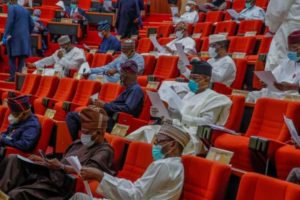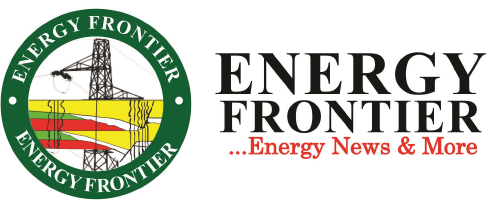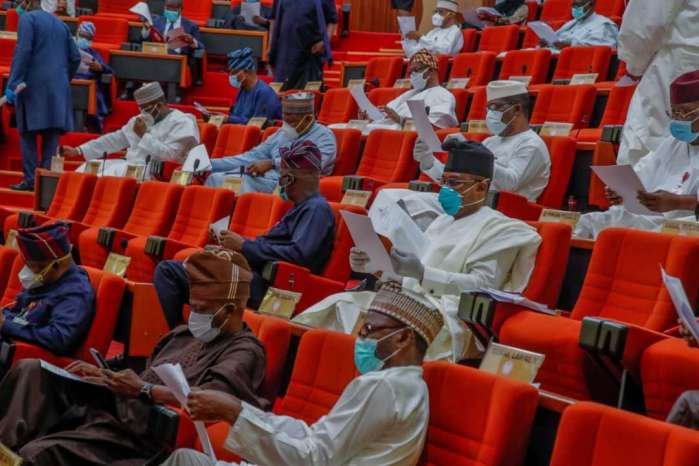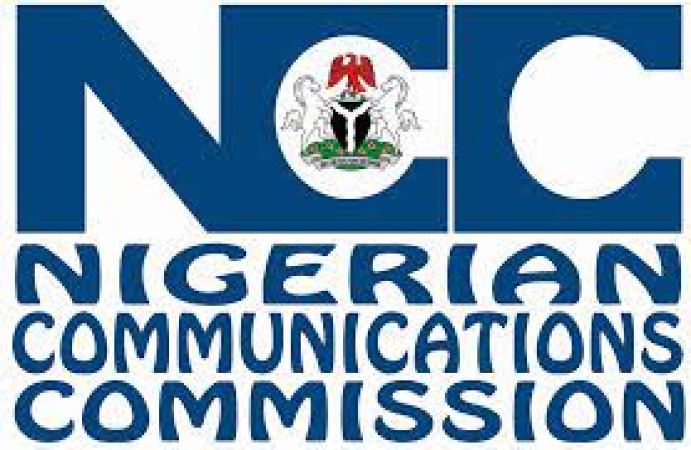The Senate Committee on Finance on Monday rejected the revenue targets projected for the various revenue-generating agencies in the country to fund the Revised 2020 Budget, describing their proposed sums as grossly inadequate.
Members of the Senate panel also condemned in strong terms the explanation by the Nigerian National Petroleum Corporation that it spent $21 to produce a barrel of oil.
They spoke when the heads of the various revenue-generating agencies including the Federal Inland Revenue Service, the NNPC, and the Nigeria Customs Service, led by the Finance Minister, Zainab Ahmed, appeared before the Senate panel to defend their proposals in the revised budget.
Trouble started when the Chief Operating Officer of the NNPC (Upstream), Mr Yemi Adetunji, told the panel that the agency reduced the production cost per barrel of crude oil from $25 proposed in the approved 2020 budget to $21 in the revised budget in line with the current realities.
The Chairman of the Senate panel, Senator Solomon Adeola, had asked the NNPC to explain why it was proposing $21 as production cost per barrel of crude when the new oil benchmark proposed in the revised budget was $25 per barrel.
Adeola said, “We want you (NNPC) to take us through why Nigeria’s cost of production per barrel of crude oil is the most expensive in the world by giving us the breakdown of what constitute those costs in to the variables and the technical cost and we want to know what you are doing as an agency of government to bring down this cost.”
In his response, Adetunji told the panel that security challenges in the Niger Delta region, oil theft, vandalism and the huge administrative costs were responsible for the high cost of oil production in the country.
He, however, said the NNPC was working with relevant stakeholders to reduce the administrative cost through a multi-disciplinary approach in terms of planning and engagement of various partners.
Obviously dissatisfied with Adetunji’s submission, the panel chairman asked him who determined the production cost, especially when the benchmark of $25 as proposed in the revised budget would mean that Nigeria would earn just $4 as its own return on investment.
He said, “I begin to look at the oil revenue and the mineral revenue as proposed in the MTEF/FSP that has dropped from almost N8.86tn to N3.33tn. Are you saying that it is worthwhile investment for us as a nation?
“Going by the fact that the cost of producing one barrel is $21 and the benchmark is $25 for over 180 million Nigerians and all these cost you have listed, who determines them? How do you ensure that Nigeria is being charged the right cost on each barrel of oil?
“In Saudi Arabia, it is $4 per barrel cost of production. In Russia, it is about $3 per barrel. Nigeria is $21. We are beginning to be afraid as to why we are channeling all our efforts to this oil and gas if the return on investment is nothing to write home about.”
The chairman’s position was re-echoed by Senators James Manager, Shaibu Gumau and Jibrin Issa, who rejected Adetunji’s explanation on the grounds that he dwelt more on fixed costs while still talking about administrative cost, and security challenges as variables for the high cost of production.
When given the opportunity to react again, Adetunji said, “We are working hard to bring down this fixed cost. Historically, our total cost has been $30 per barrel. So the objective of the new GMD, Mr Mele Kyari, is that we have to reduce the cost to $21 this year.
“We know that these costs are high that is why we have decided to go from even the initial approved $25 per barrel in the earlier approved budget to $21 per barrel.
“We believe that once we have the new framework in place going forward, we should even see lower cost of production.”
He added that security challenges were peculiar to Nigeria.
The panel also hit hard at the FIRS and the NCS, saying that their various revenue projections were unacceptable because they were too low.
The panel said it would not support the proposal of FIRS to reduce revenue from stamp duty from N463bn to N200bn judging from the fact that the number of transactions from the day-to-day basis ran into several billions.
The Executive Chairman of the agency, Muhammad Nami, pledged to work with his team to shore up its target by deploying technology for the purpose of increasing the tax base, having a seamless process of accessing, collecting and accounting for the taxes collectable by FIRS.
He, however, said accessing, collecting and accounting would depend largely on the performance of the economy of the country




















